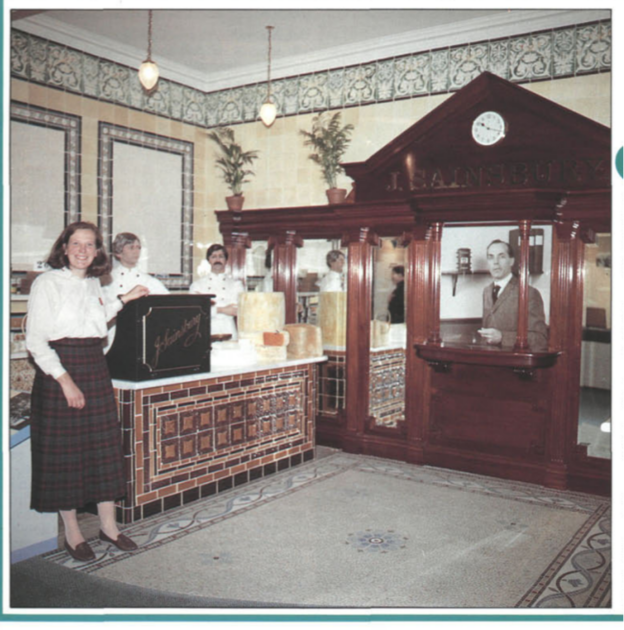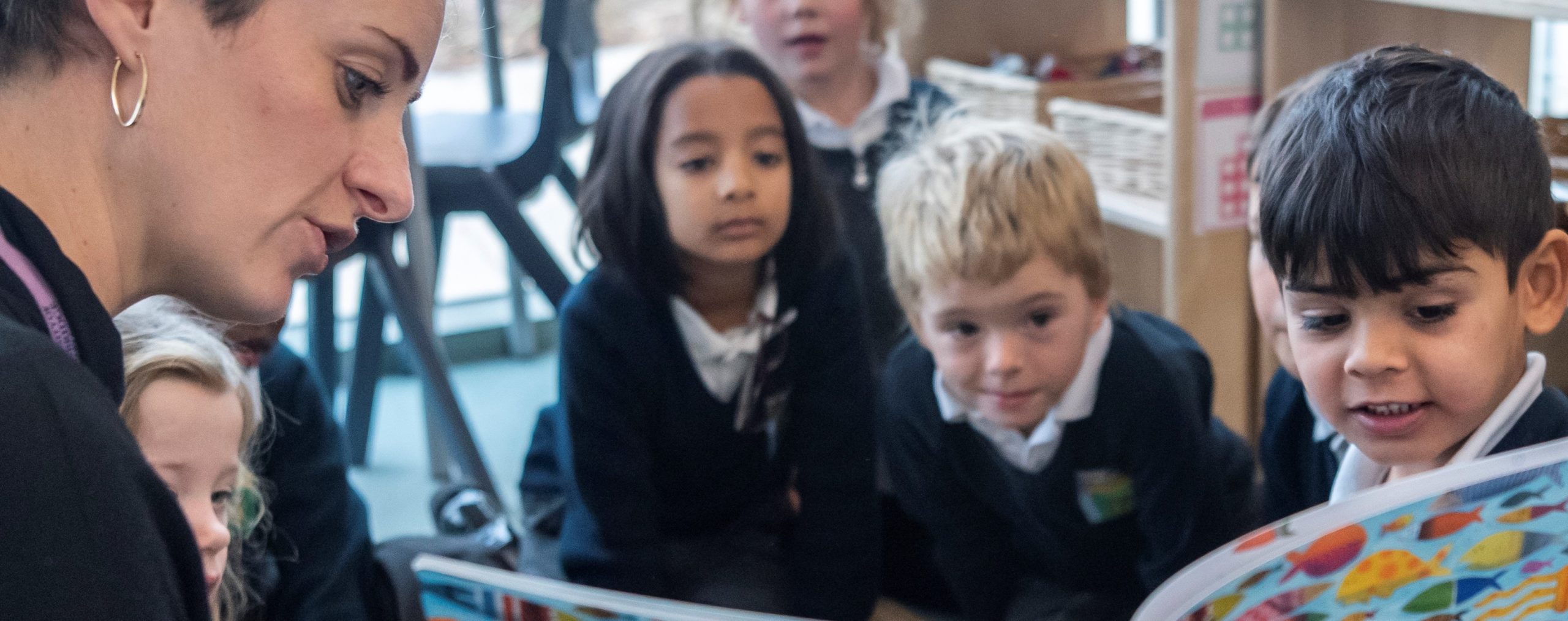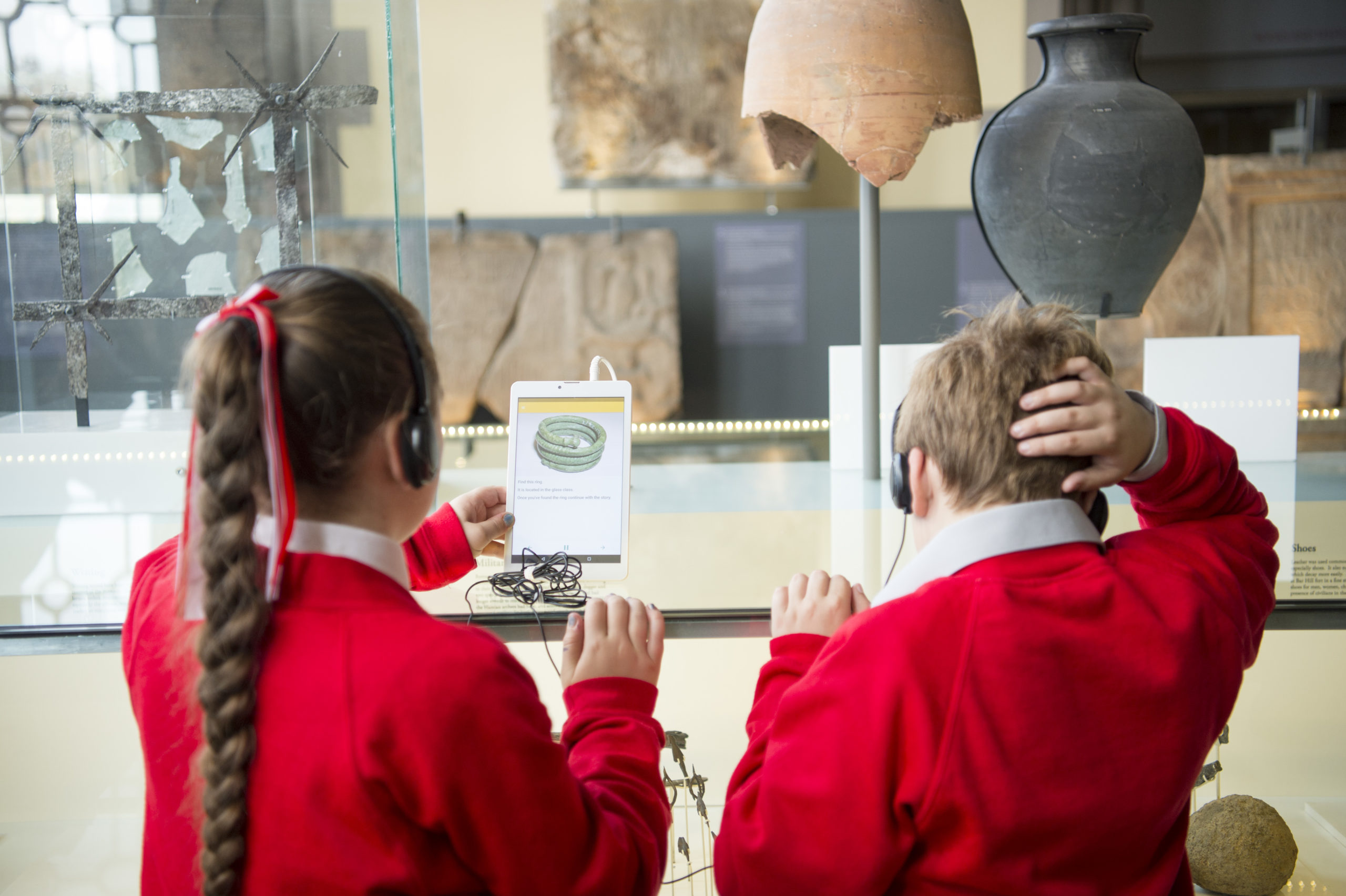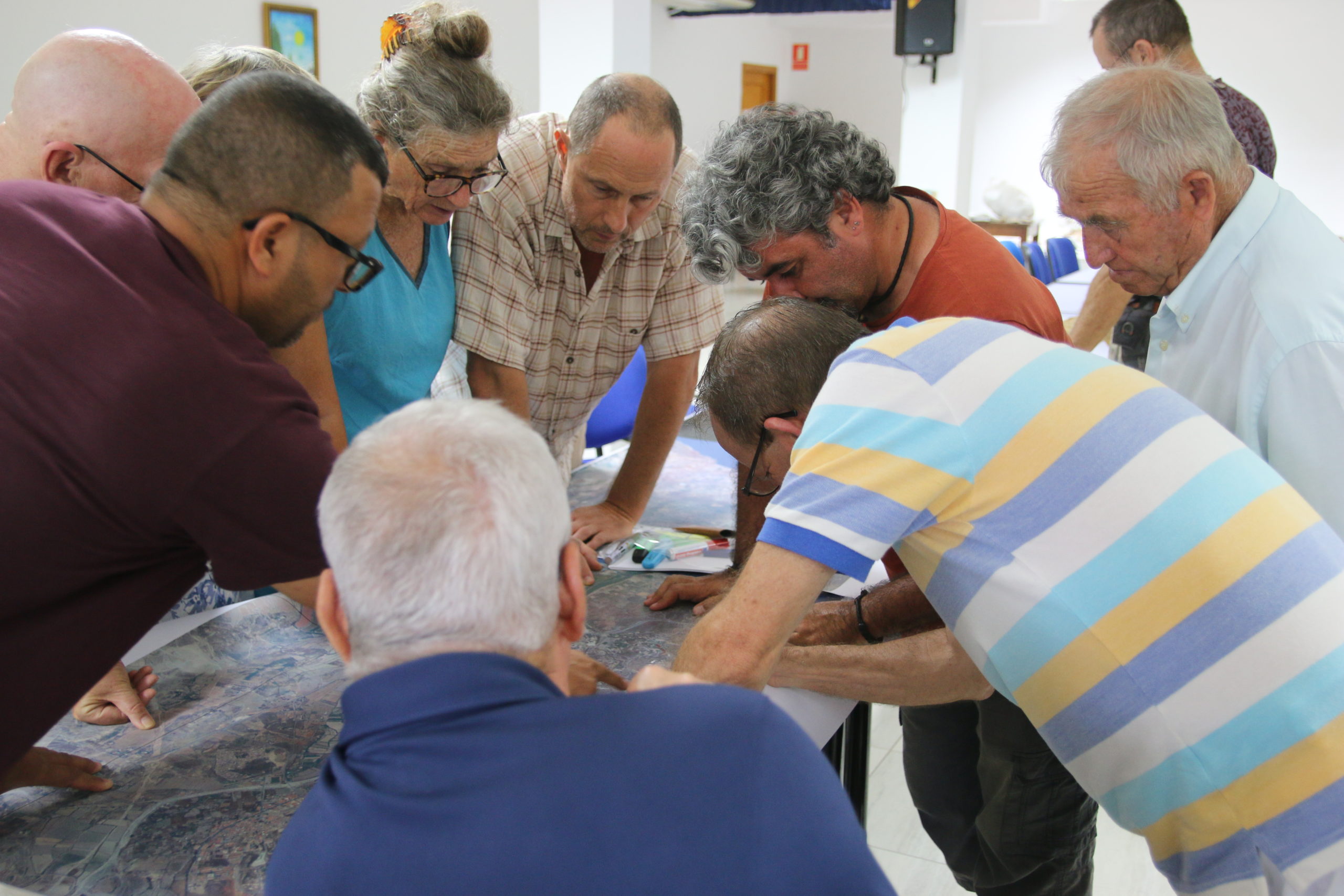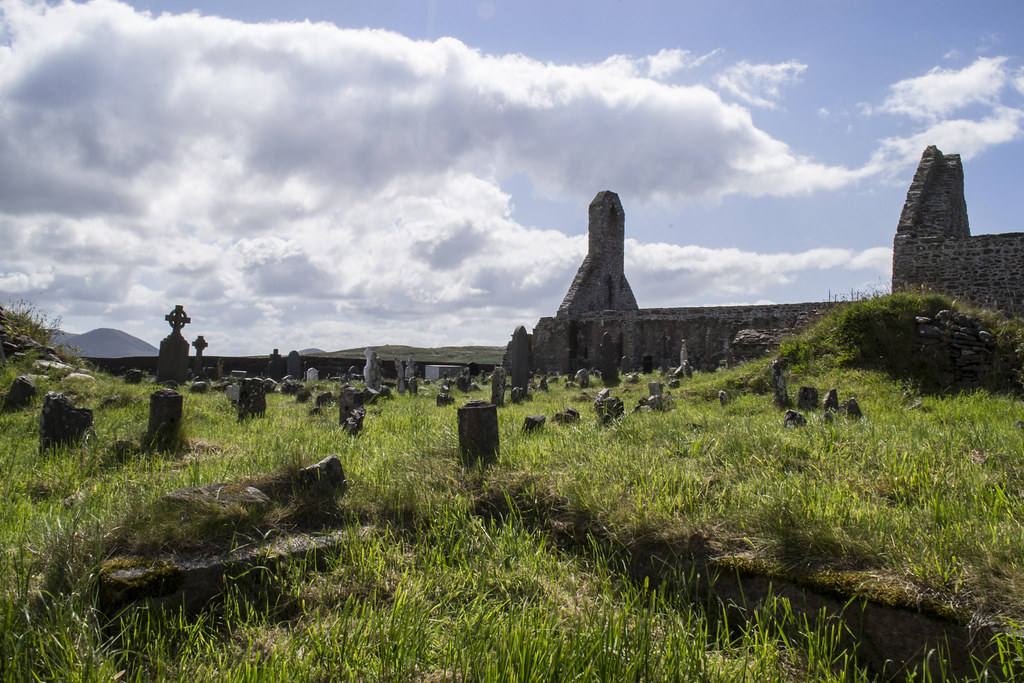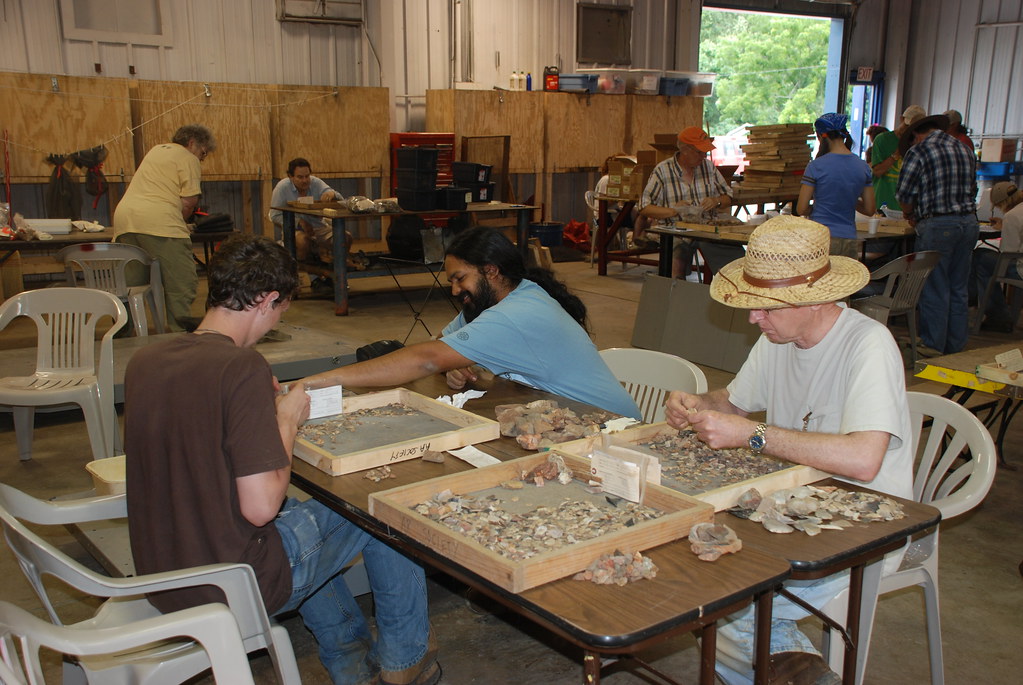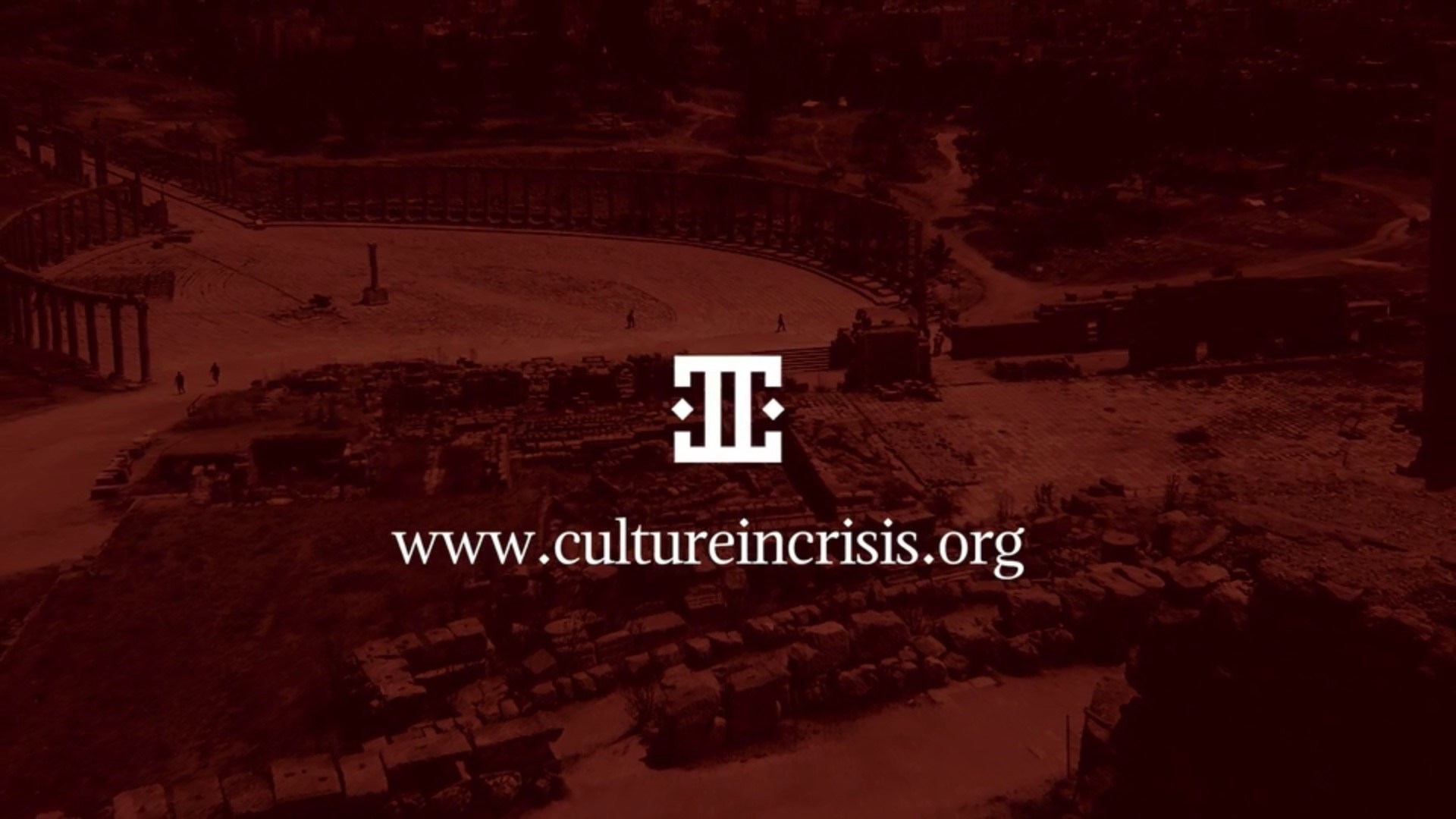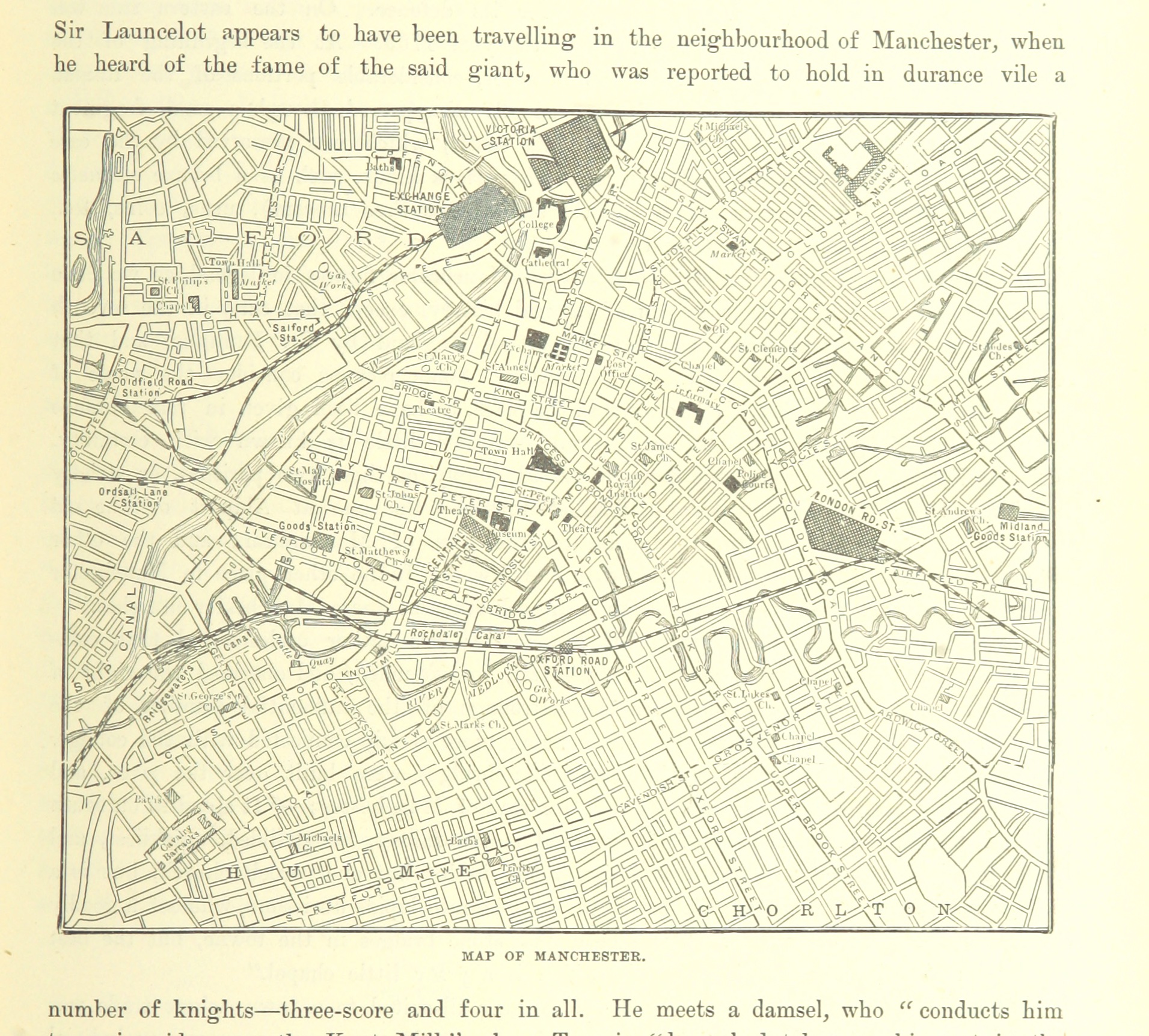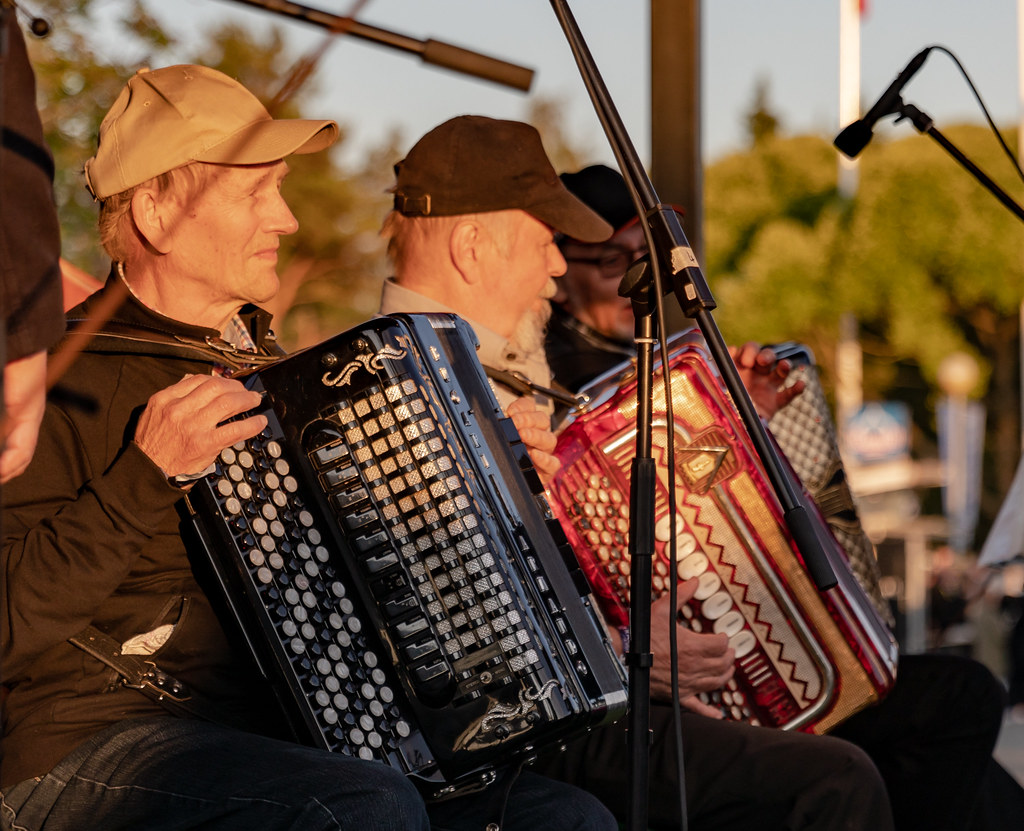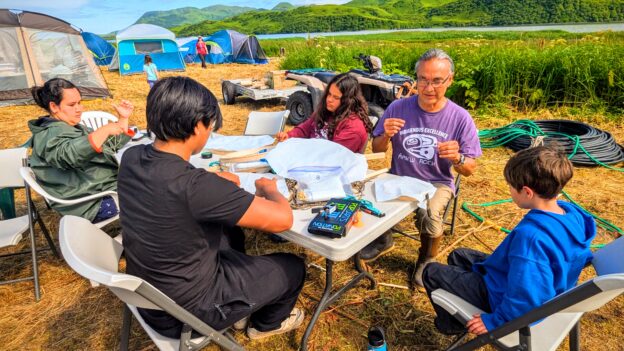
United Kingdom
The United Kingdom has many significant heritage research organizations. These include universities, independent research organisations and organisations from across the cultural sector which are active in heritage research.
The Arts and Humanities Research Council (part of UK Research and Innovation) is a national funder of heritage research as part of its arts and humanities remit.
Research agendas are developed depending on the form of heritage, for instance, there are regional and national archaeological research strategies. Research agendas are often developed bottom-up with the academic community and stakeholders being involved in a process of identifying the priorities within the research sector, identifying the needs and research gaps.
Research strategies and priorities
National level
AHRC has a dedicated research strategy for cultural heritage. This strategy looks at heritage through a broad lens which encompasses tangible, intangible, artistic, digital and intellectual elements, and also examines the processes and connections between them.
Programmes and calls for cultural heritage
AHRC is the largest funder of cultural heritage research funding in the United Kingdom, examples of dedicated programmes include:
- Towards a National Collection (TaNC), which aims to create a unified virtual national collection by eliminating the barriers between different collections and taking advantage of the new digital technologies;
- Research Infrastructure for Conservation and Heritage Science RICHeS, which aims to set up research infrastructure across the UK;
- Cultural Heritage Capital Framework, in conjunction with the Department for Digital, Culture, Media and Sport (DCMS), which aims to create publicly available statistics and guidance that allow for improved articulation of the economic, social and cultural value of the culture and heritage sectors in decision-making;
- Creative Research Capability (CResCa) which has funded the replacement and upgrade of equipment and refurbishment of facilities;
- Community-led Heritage Research and Skills Hub, which aims to convene a consortium of heritage organisations to undertake collections and heritage research driven by local communities and to build capacity in research and digital skills within its partner organisations.
Complementary forms of funding
The National Heritage Lottery Fund is a major funder of heritage in the UK. It is not a research funder, but AHRC and NHLF have collaborated in the past for example All Our Stories and the World War One engagement centres.
EU joint actions: state of the art and future opportunities
EU Work Programmes interactions with national/regional level
EU Work Programmes have had an influence on the programmes and/or calls with the identified EU priorities being addressed by the national or/and regional priorities. AHRC is engaged in Joint Programming Initiatives, whilst also supporting researchers who apply to Horizon Europe (and its predecessor programmes) in particular through Cluster 2.
European actions’ added value
AHRC has been a founding member of HERA as well as the JPI Cultural Heritage. These EU collaboration mechanisms are noted in the AHRC strategic delivery plan 2022 to 2025.
European collaboration allows for international collaborative research projects to happen with a broader range of partners and at a larger scale than AHRC can deliver alone.


